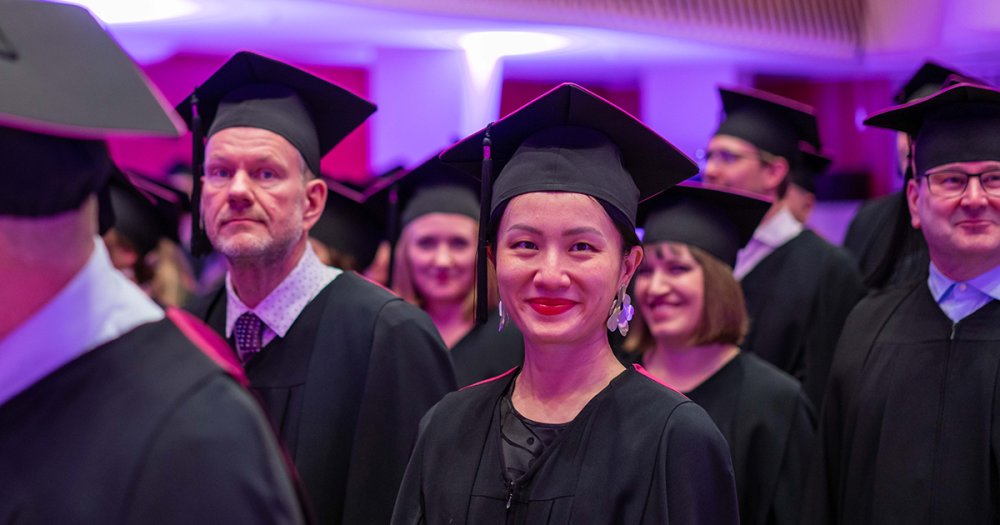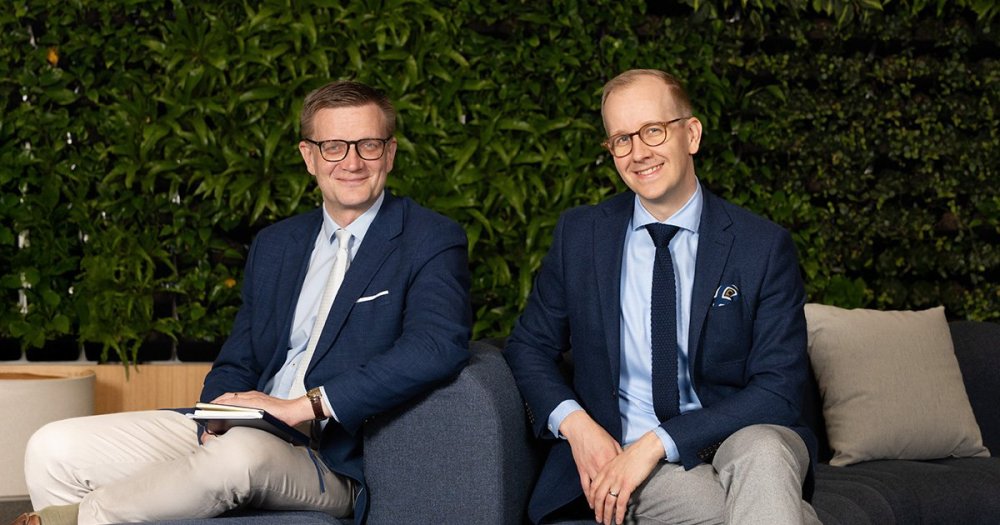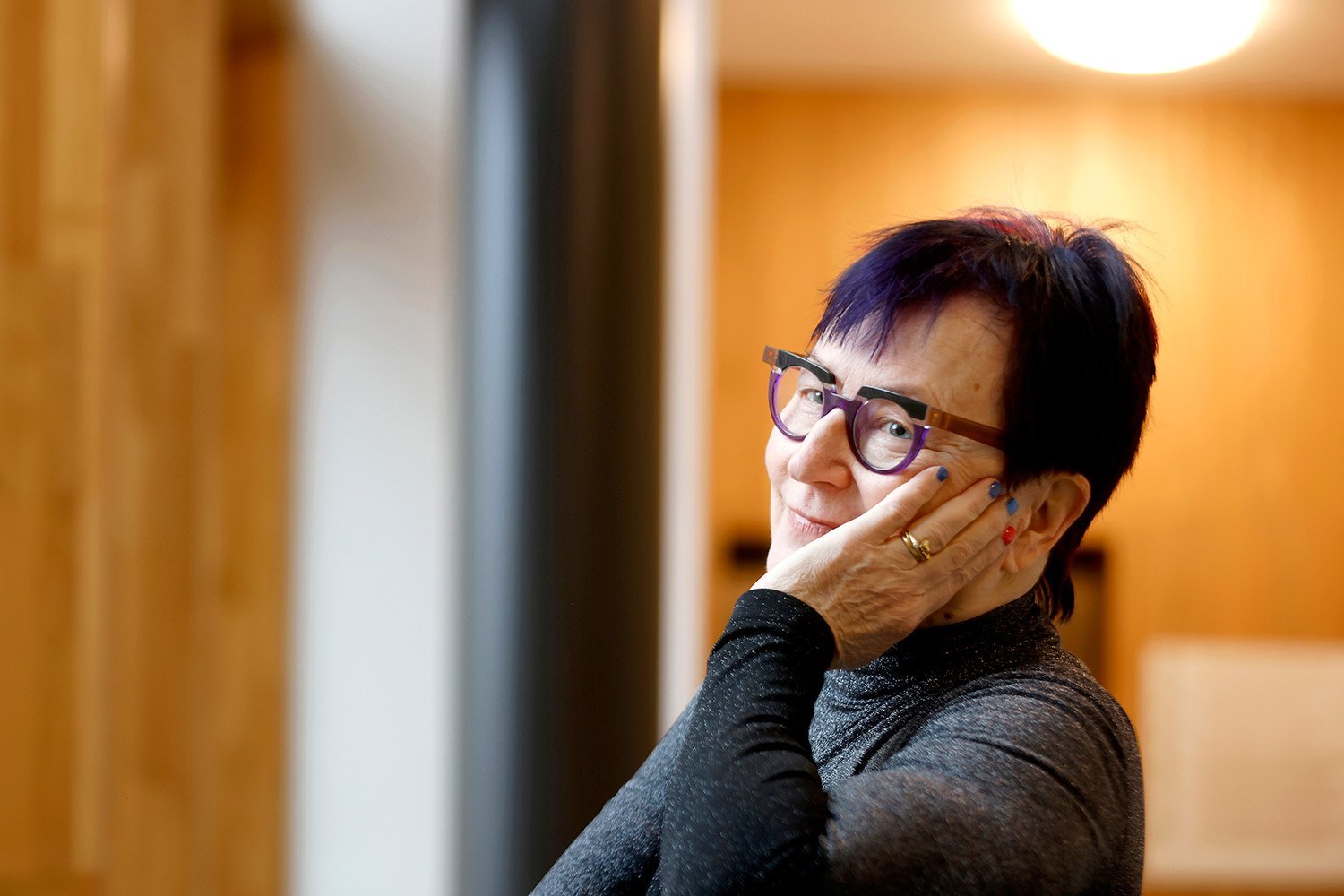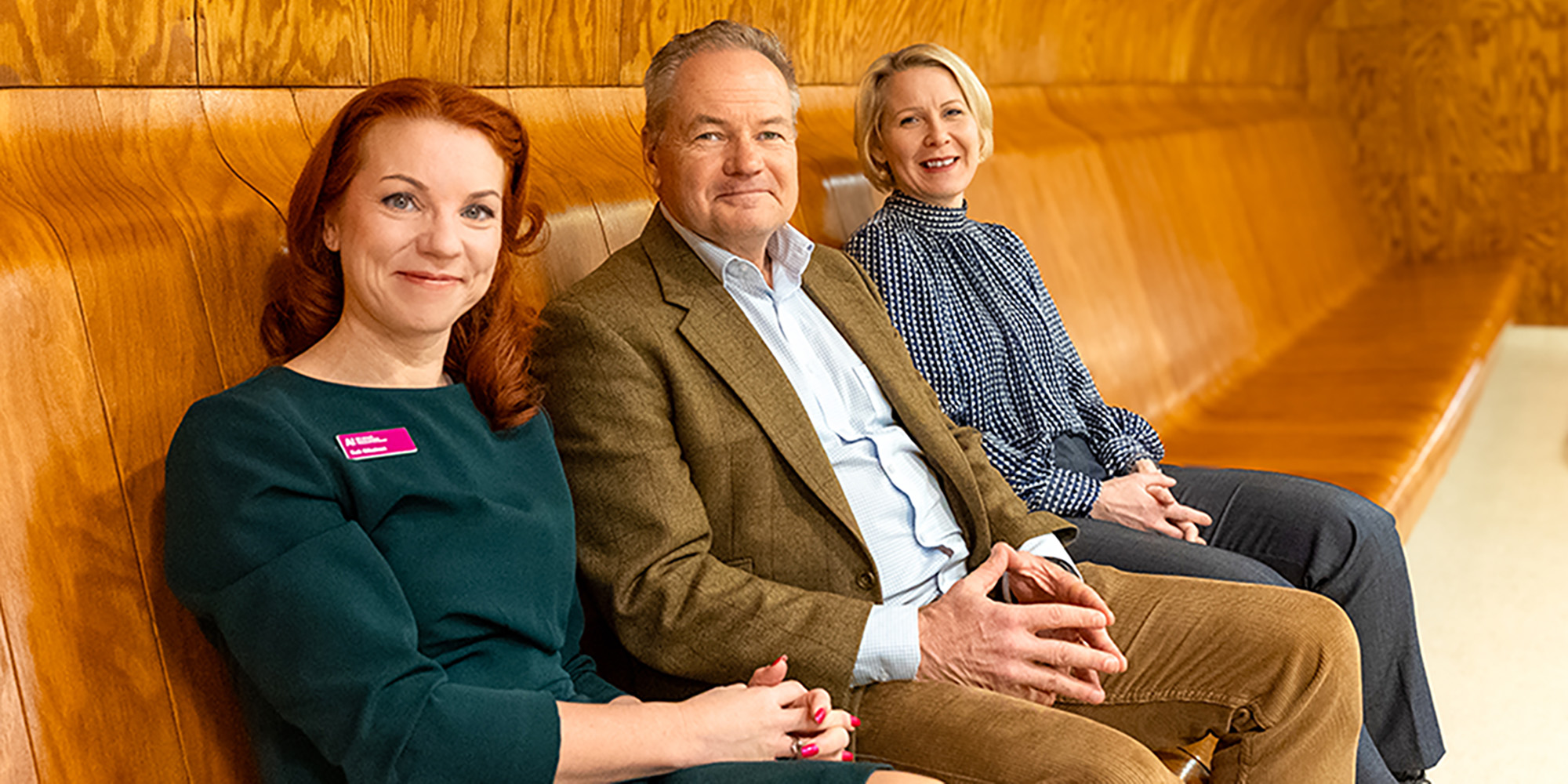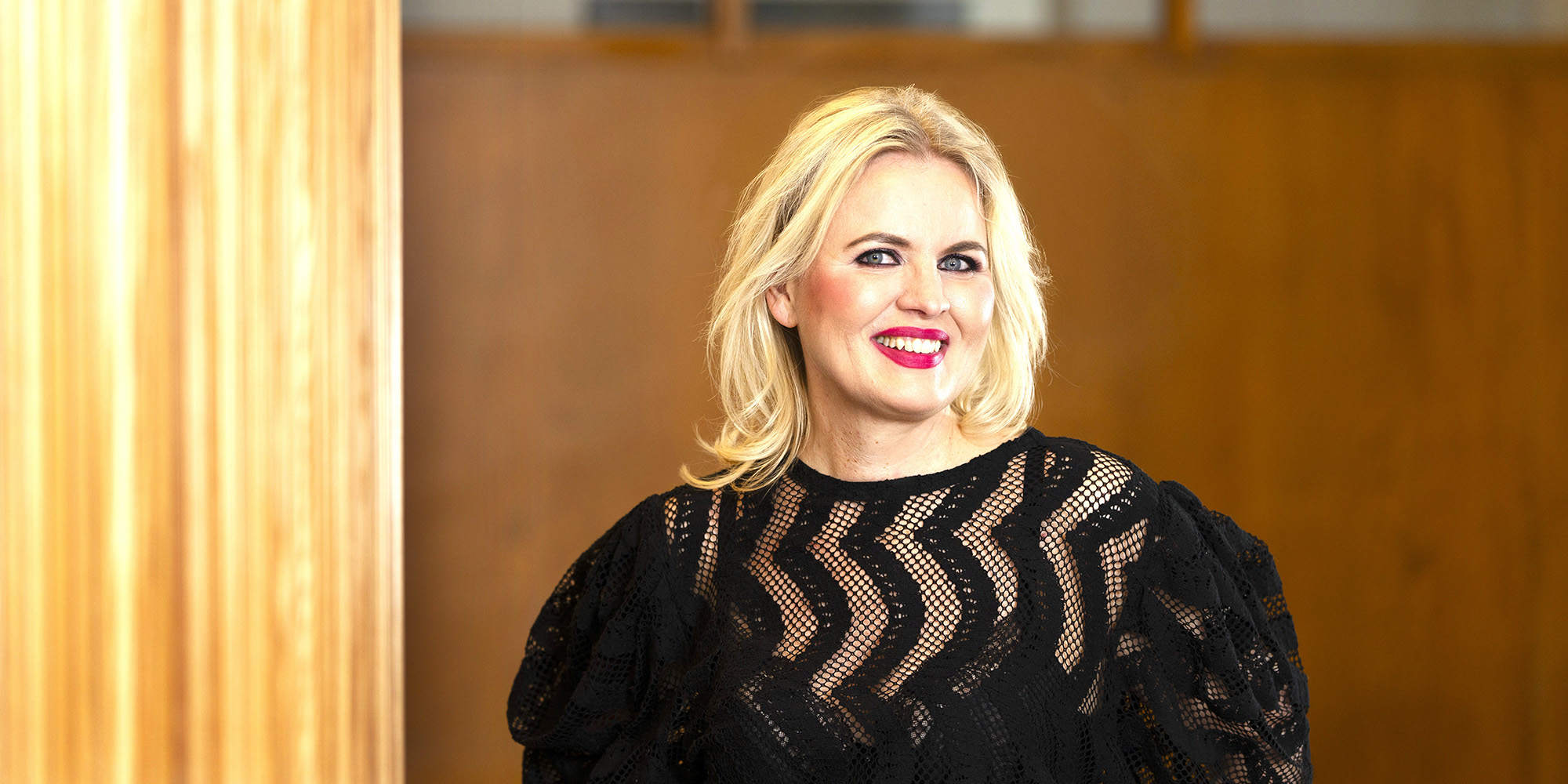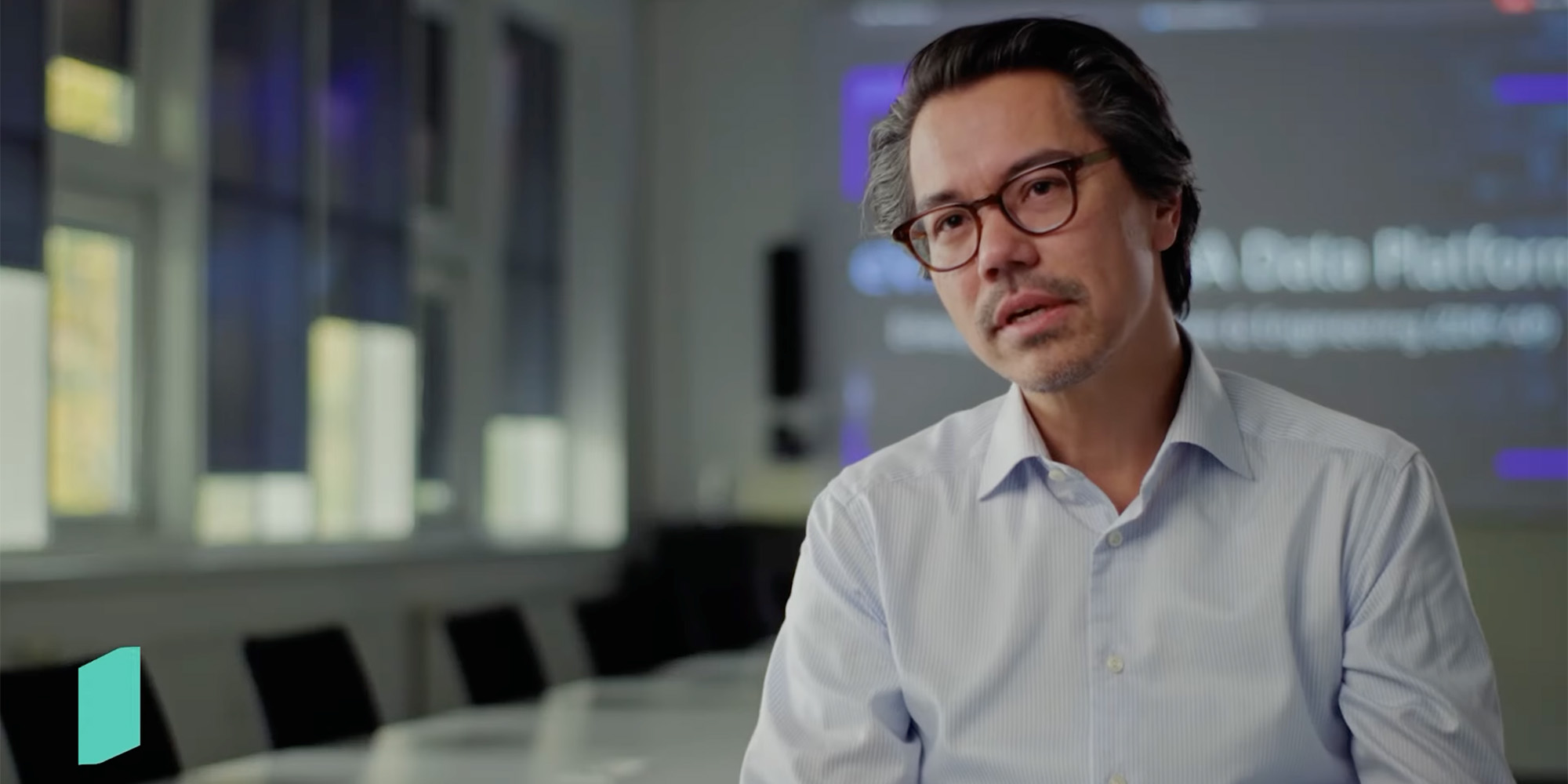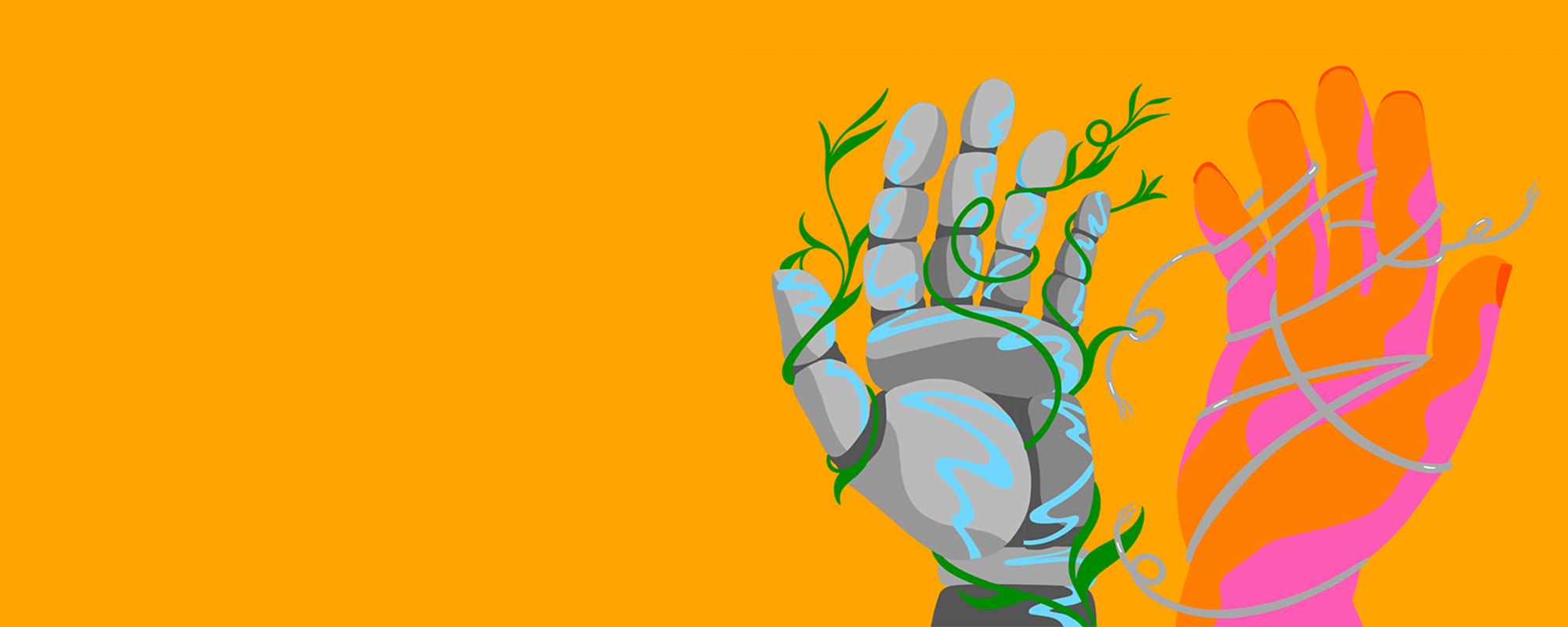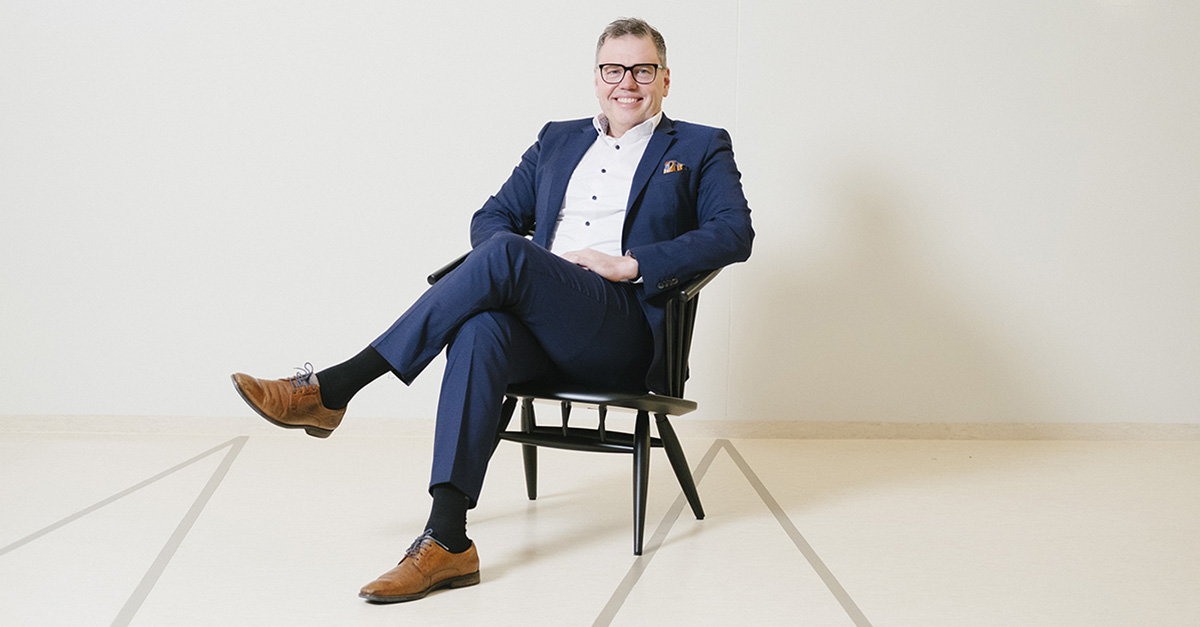When neurologist and neuroscientist Kiti Müller finalized her PhD, her supervisor gave her a tip: After a big project, you’re often left feeling empty and a bit low. This is normal, and you shouldn’t react to it by immediately starting another huge new project.
Pushing yourself to the limit to keep up with the pace of work should not be the norm. An intensive project should be followed by a calmer phase.
“Recovery is not about sleeping a bit longer at the weekend,” says Kiti Müller.
Constant interruptions, no breaks and an overflow of notifications cause stress for information workers. Constant stress, in turn, poses the risk of job burnout
and other health problems.
What should work be like, so that your body and mind stay healthy?
Müller points out that stress isn’t always a bad thing. The right amount can help you concentrate and perform better. But constant stress isn’t good for you. If you don’t take enough time for breaks and recovery, your brain will be in constant overdrive.
It’s a good idea to take small
breaks of five to ten minutes
throughout the day."
“The most important thing is to find the right balance between doing and recovering. It’s a good idea to take small breaks of five to ten minutes throughout the day—short moments to let your mind wander away from work and for your brain to rest.”
Short naps, fresh air and handicrafts work for many.
In one organization that Müller came across, the employees had a joint break-time project: knitting a scarf for a retiring colleague.
“When they’d completed a job, each person would take their turn to knit for fifteen or thirty minutes."
“If you have six meetings a day, you need to stop and question this”
Good lighting, ventilation, ergonomics, and safety are ensured for employees at their workplaces.
But managers should also remember that what causes disruptions, interruptions and stress is often other people.
“Workplaces should have the courage to create policies that aim to promote people’s concentration.”
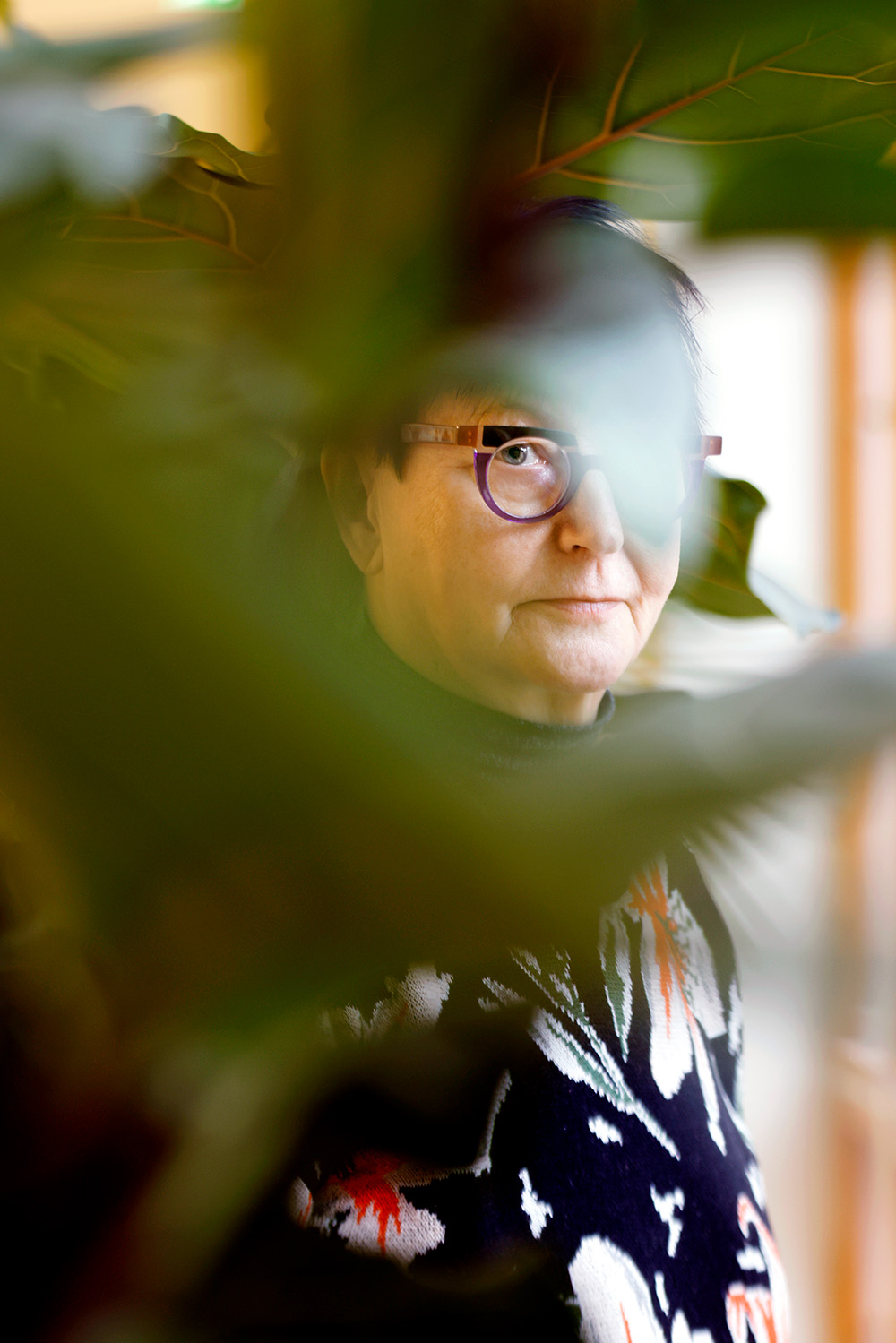
A leader must remember what usually causes interruptions and stress: other people, says neurologist and neuroscientist Kiti Müller.
The peace and quiet of remote work should also be guaranteed elsewhere. For example, employees can agree that when a colleague is working with earphones on, they are not to be disturbed. It would be useful to look at how many meetings people have, whether breaks are taken in between them, and whether each meeting is really essential.
“If you have six meetings a day, you need to stop and question this.”
It’s important for brain health and creativity that your working day allows you to juggle your tasks in way that’s best for you. You don’t have to be in full work mode all the time.
Many knowledge work organizations already give employees the freedom to organize their work in a way that best suits them. Job crafting helps you cope better at work: It increases your work engagement, sense of purpose, and commitment to work.
Müller hopes that employees will get braver and start having a say in how they do their jobs.
Being alone with your worries and fears can eat away at your mental health
The world, industries, and ways of working are changing rapidly, and this is reflected in companies’ strategies and work methods. It’s important that the supervisor creates a safe atmosphere in which everyone can speak their minds, even during organizational changes.
Being alone with your worries and fears can eat away at your mental health.
Talking about work over coffee with a friend and discussing work at the family dinner table has always been acceptable. So has the idea that employees’ other areas of life shouldn’t be brought to the workplace. But this way of thinking has become outdated.
It would be important for those who become supervisors to be interested in people and to want them to succeed in their work.”
Supervisors must remember that a person is more than just their job.
“It would be important for those who become supervisors to be interested in people and to want them to succeed in their work.”
If a previously good-humored person starts opposing everything, alarm bells should go off. In such cases, the supervisor should be interested in what’s going on in the employee’s personal life and ask them if they’d like to talk.
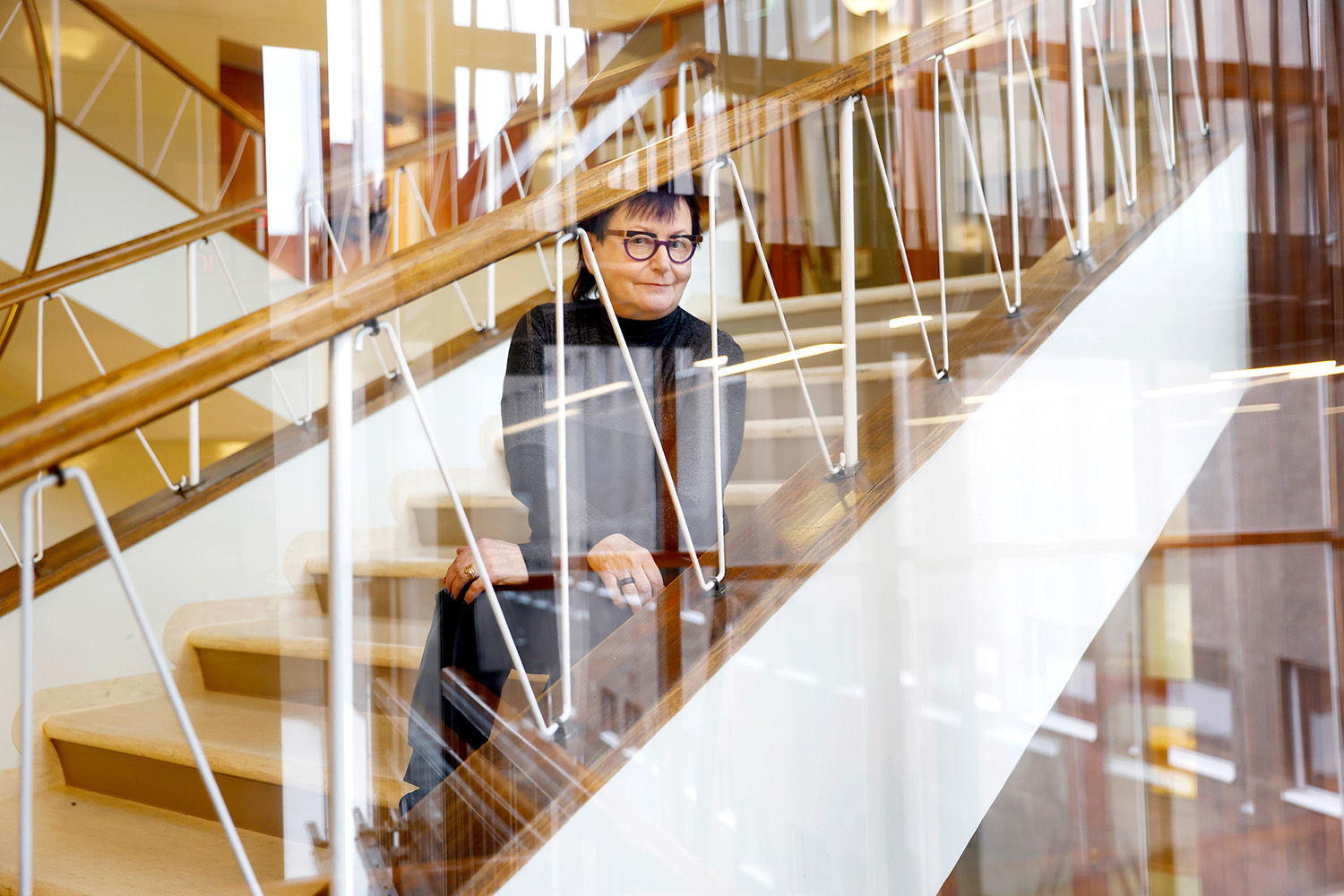
Talking about work over coffee with a friend has always been acceptable. So has the idea that employees’ other areas of life shouldn’t be brought to the workplace. But this way of thinking has become outdated, says Müller.
Although work is often stressful, Müller reminds us that many things have improved in terms of workplace safety. Still in the 1990s, work generally
consisted of more physically demanding jobs that were a risk to health. Today, various “smart” tools are commonplace in different industries.
But although these have reduced physical strain, a watchful human eye is still needed.
We’ve always needed to keep learning new things, and these days, all industries require digital skills, for example. Müller has always believed that people can learn new things—but they have to be given the chance.







